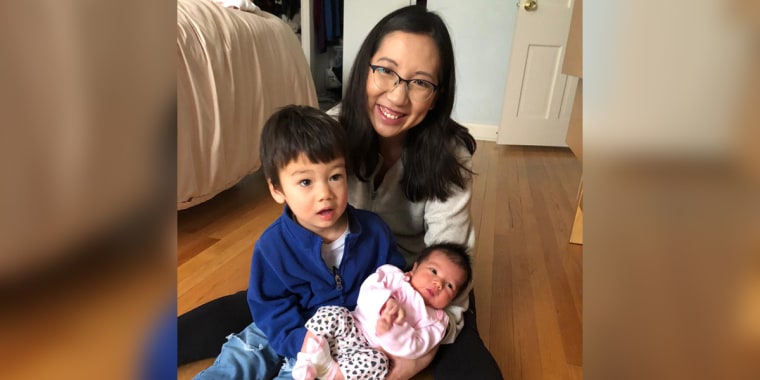As the coronavirus pandemic continues to unfold, many parents are wondering how to talk to their kids about the health crisis in a meaningful way without making them more worried than they already might be.
Know Your Value founder and “Morning Joe” co-host Mika Brzezinski recently chatted with Dr. Leana Wen, an emergency physician, former health commissioner for Baltimore and mother of two for her advice. Dr. Wen has been a leading voice in public health and a frequent national commentator on coronavirus
Below are Dr. Wen’s top tips. She emphasized the importance of sticking to the facts, creating an open dialogue and focusing on what you can control.
1. Start the conversation.
“If they asked a specific question, for example, ‘does coronavirus spread through food’ (it doesn't) or ‘does soap and water kill the virus?’ (it does)--answer their question, then continue the discussion,” suggested Dr. Wen. “Create an open dialogue and plan to have regular conversations.”
2. Ask them what they know.
“This is not a quiz to find out if they know the facts, but rather an invitation to see what they've heard and what's on their minds,” said Dr. Wen. “Your kids might have seen the news or talked about coronavirus with their friends. If you have kids of different ages, consider speaking with them separately so you can have age-appropriate dialogues.”
3. Share what you know —and what you don't.
There’s a lot we're learning about coronavirus every day. “There are still a lot of uncertainties, including when schools will start and when it's OK to see friends again,” noted Dr. Wen. “Be open about how there's a lot we don't know yet and why. If the question is a technical one, depending on their age, you could invite them to look for answers with you.”
4. Talk about what they can do.
It’s important to also focus on what you can control. “Remind them there are steps everyone can take to stay safe. Wash their hands frequently. Cough into their elbow. Stay home when sick. Keep on social distancing because it protects them and all those around them,” said Dr. Wen. “During times of uncertainty, it helps kids to know that there are things that are in their control, and that they can do their part to help others too.”
5. Do acts of service together.
“Stay engaged in the school, church or other activities you were involved with before,” advised Dr. Wen. “There are many communities and organizations that need your help; consider enlisting your kids to volunteer together. Serving those who are more vulnerable is a reminder of how we are all in this together, and we all must help one another through this crisis.”
